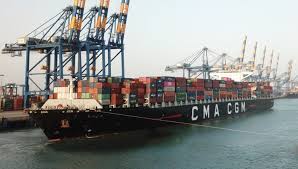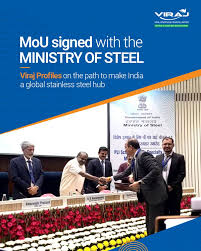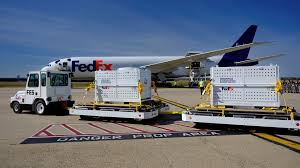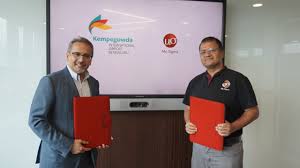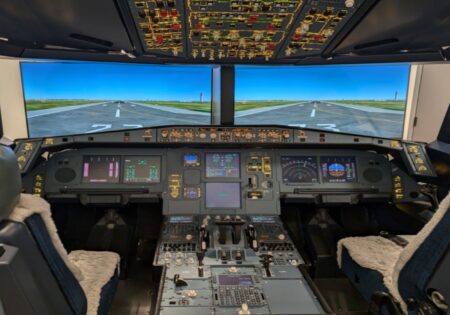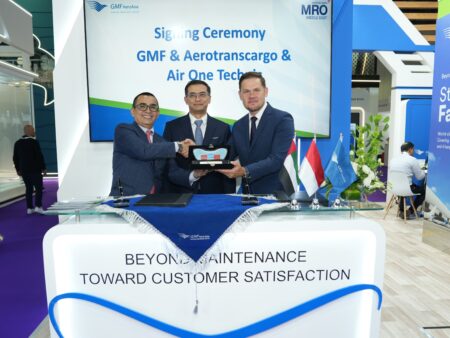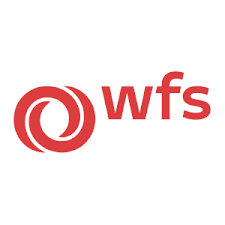EVA Air to equip entire 777F fleet with Lufthansa Technik and BASF’s AeroSHARK for enhanced fuel efficiency.
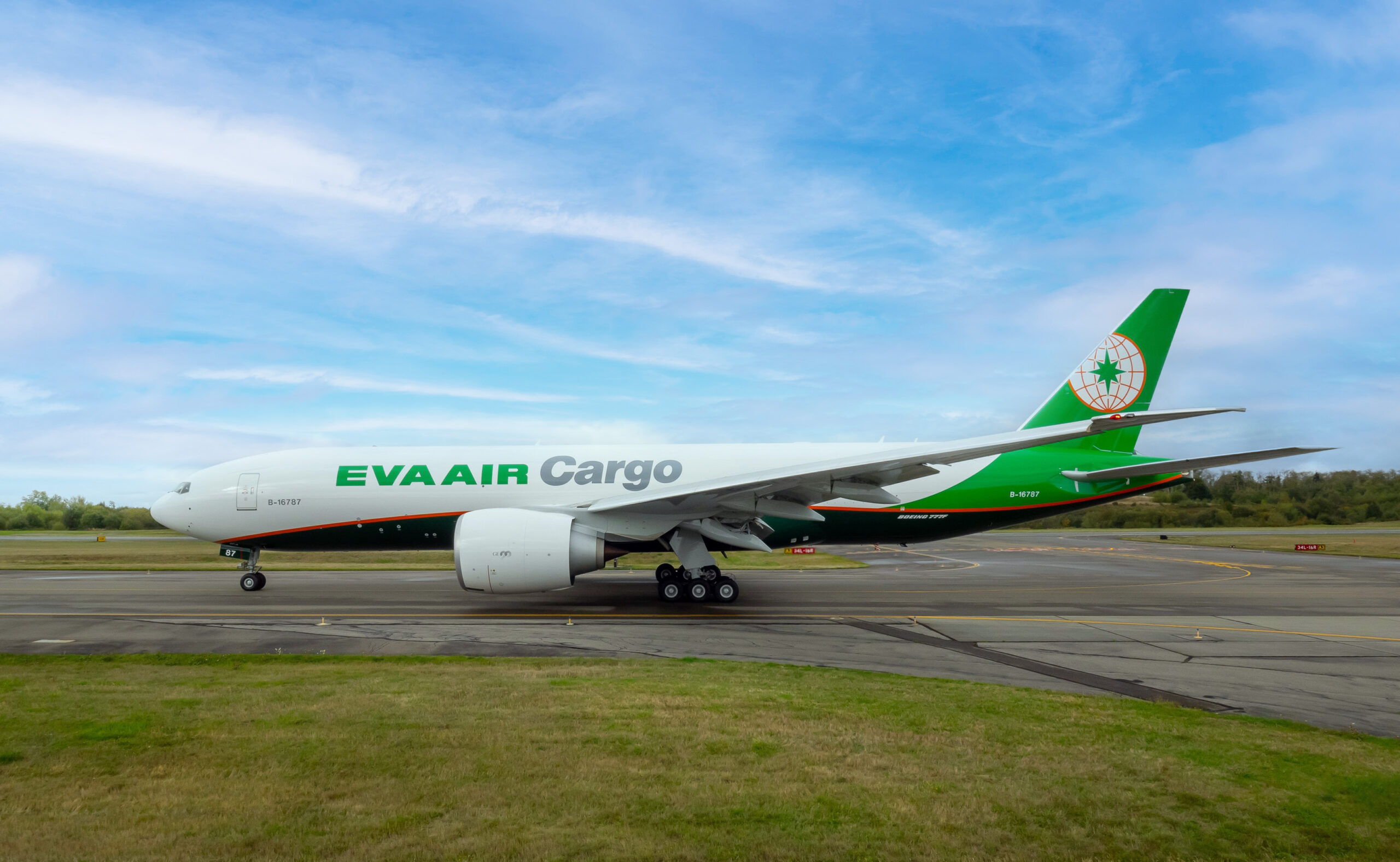
Lufthansa Technik AG announces EVA Air as the first Asian airline to sign for the drag-reducing AeroSHARK surface technology, developed jointly with BASF. The Taipei-based airline will modify its entire fleet of nine Boeing 777F freighters with riblet films, enhancing the aircraft’s fuselage and engine nacelles.
The first modified aircraft, B-16786, has already undergone this modification at Taipei Taoyuan International Airport, facilitated by EVA Air’s affiliate, Evergreen Aviation Technologies Corp. (EGAT), and is expected to re-enter service in early September.
AeroSHARK is a functional surface film modeled on sharkskin, featuring ribs approximately 50 micrometers in size. This innovation reduces the frictional resistance of the aircraft, leading to a significant decrease in fuel consumption and emissions by around one percent. For EVA Air’s nine 777F aircraft, this translates to annual savings of over 2,500 metric tons of kerosene and more than 7,800 metric tons of CO2 emissions.
Albert Liao, Executive Vice President of the Corporate Planning Division at EVA Air, highlighted the airline’s commitment to achieving net-zero carbon emissions by 2050. He expressed delight in collaborating with Lufthansa Technik on this innovative technology, which not only reduces fuel consumption but also lowers CO2 emissions. EVA Air will monitor the fuel-saving benefits and consider equipping additional aircraft with AeroSHARK.
Dr. Wassef Ayadi, Senior Director Customer Relations OEM & Special Engineering Services at Lufthansa Technik, praised EVA Air’s pioneering spirit and technical expertise. He emphasised the quick-win measure provided by AeroSHARK to reduce the environmental footprint of airline operations.
Lufthansa Technik holds Supplemental Type Certificates (STCs) for the AeroSHARK modification of two types of Boeing 777 aircraft. Besides EVA Air’s fleet, a growing number of aircraft globally are being equipped with AeroSHARK. Lufthansa Technik and BASF aim to further develop AeroSHARK, supporting airlines worldwide in achieving sustainability goals and expanding the technology to additional aircraft types and larger surface areas. Initial calculations suggest that the technology could potentially reduce CO2 emissions by up to three percent at maximum expansion.

